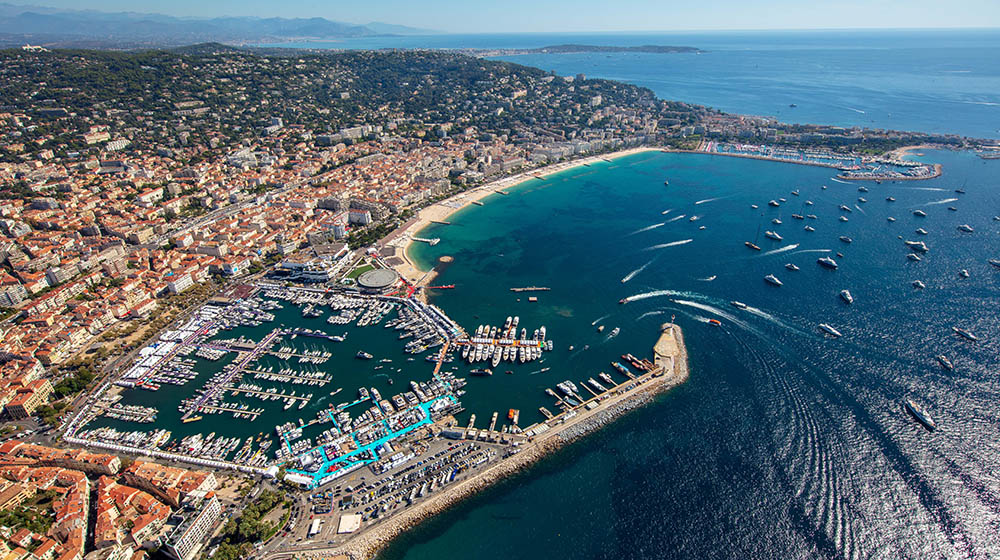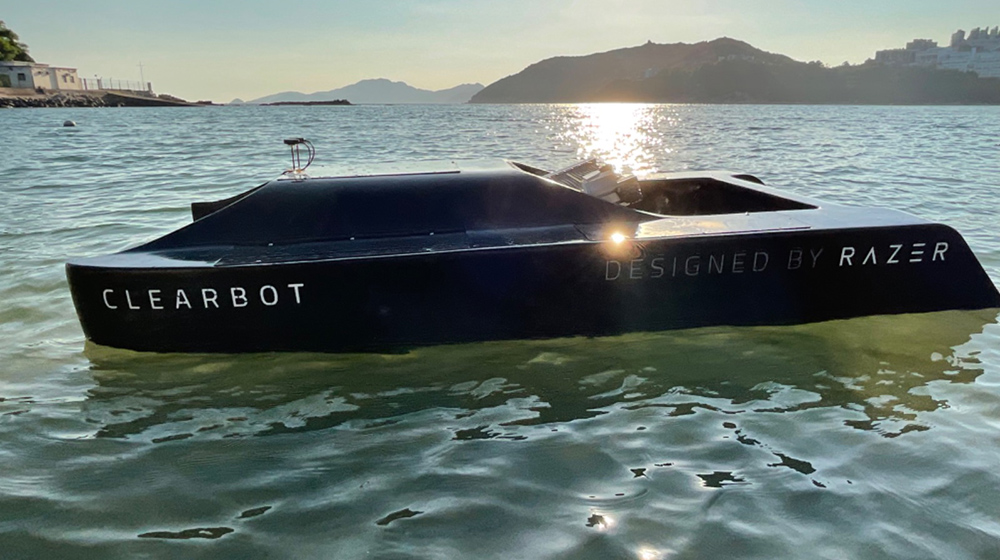
Two orcas are scaring great white sharks away
One of the ocean’s top predators, the great white shark, is being hunted down in South Africa by a pair of orcas.
Scientists have been documenting since 2017 how sharks have become extremely scarce off the coast of South Africa. This is an usual place of congregation for sharks, and although this disappearance was first blamed on human activity, it was discovered the culprit was another species.
The place for shark-spotters
The fishing town of Gansbaai, on the South African coast, used to be the perfect place for shark-spotters. It was so heavily populated that the nearby Dyer Island is considered the great white shark capital of the world. However, over the last few years, their presence has been declining.
A pair of orcas has been hunting the sharks and eating their nutritious, vitamin-rich livers. Since 2017, eight great white sharks have washed to the shores of Gansbaai, seven of them without their livers and some of them without their hearts. This is a clear sign of an orca attack.
Wounds on the sharks are pretty distinctive, and they have been traced down to a pair of orcas. According to scientists, it is believed the pair is responsible for the death of more great white sharks, but these have not been washed ashore.
Related article: Innovative anti shark wetsuits that protect surfers
Great white sharks avoid orcas
Other studies also suggest that the presence of orcas drives great white sharks away. In 2020 it was found that great white sharks have left hunting waters off the coast of San Francisco when an orca made its appearance in the region.
A new study that uses long-term sighting and tracking data from tagged sharks showed orcas are the reason why sharks avoided some of their favourite spots. This study was made by a team of scientists led by marine biologist Alison Towner of the Dyer Island Conservation Trust.
“Initially, following an orca attack in Gansbaai, individual great white sharks did not appear for weeks or months. What we seem to be witnessing though is a large-scale avoidance (rather than a fine-scale) strategy, mirroring what we used by wild dogs in the Serengeti in Tanzania, in response to increased lion presence.” -Towner
Record-breaking absenteeism
For five years the team has tracked 14 sharks that had been GPS tagged. The sightings of great white sharks have also gone down in several bays around the area. Only twice before have great white sharks been noted as absent for over a week in Gansbaai before.
This was during a one week period in 2007 and a three week period in 2017. These new absences are, as researchers claim, unprecedented.
This alters the ecosystem of the area. Due to the lack of great white sharks, copper sharks are moving into the area. Normally, these sharks are preyed upon by great whites, however as great white sharks are not around, orcas are hunting copper sharks instead. Researchers say they are doing so with the skills of predators who hunt large sharks.
“Balance is crucial in marine ecosystems, for example, with no great white sharks restricting Cape fur seal behavior, the seals can prey on critically endangered African penguins, or compete for the small pelagic fish they eat. That’s a top-down impact.” -Towner
You might find interesting: Discover how to overcome the fear of sharks
Why are orcas hunting down sharks?
Shark livers are a rich source of nutrition as they are full of fats and oil that sharks use to fuel their migratory journeys across the ocean. However, it is unclear how orcas figure this out or why they seem to prefer shark livers as their preferred source of nutrition.
Scientists speculate that some orcas are adapting to hunting sharks in response to the declining number of their preferred prey. This raises concerns as great white populations decline worldwide:
“The orcas are targeting subadult great white sharks, which can further impact an already vulnerable shark population owing to their slow growth and late-maturing life-history strategy”
You can find the team’s research in the African Journal of Marine Science.













_v2.svg)
_v2.svg)









_v2.svg)


